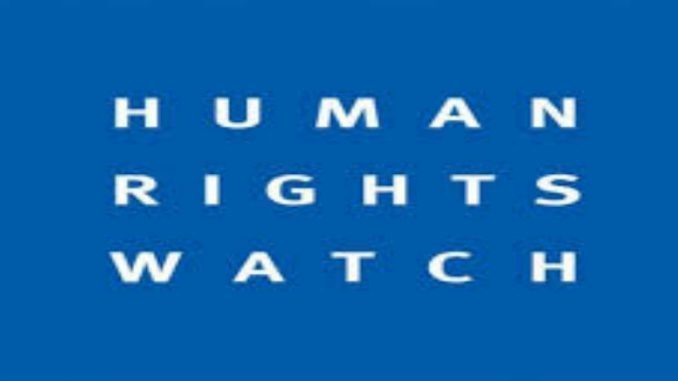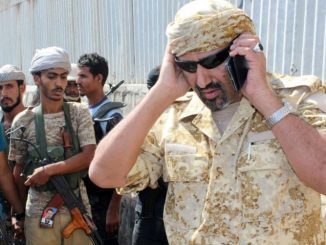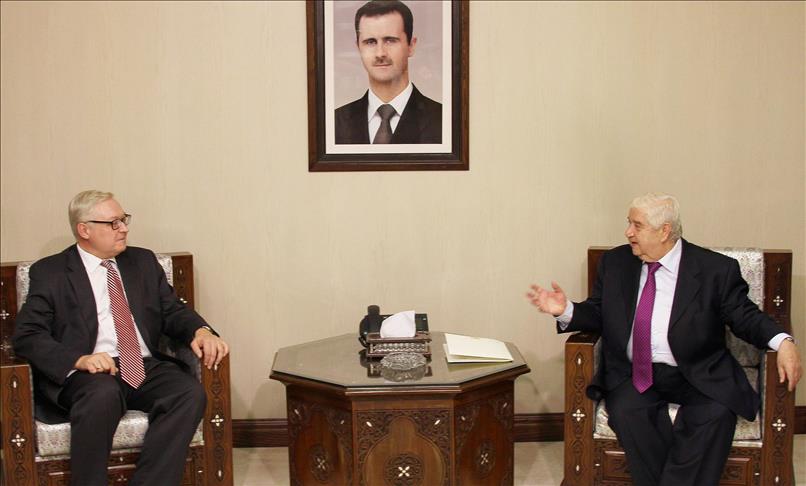
A human rights watchdog says Egyptian authorities “are increasingly using counter-terrorism and state-of-emergency laws and courts to unjustly prosecute journalists, activists, and critics for their peaceful criticism.”
Human Right Watch said that the abusive practices and distortion of counterterrorism measures happened while Egypt was chairing “one of the key United Nations committees to ensure compliance with counterterrorism resolutions and while the U.N.’s most senior counterterrorism official was visiting the country.”
Nadim Houry, HRW’s terrorism/counterterrorism director, said “While Egypt faces security threats, the government of Abdel Fattah al-Sisi has exploited these threats cynically as a cover to prosecute peaceful critics and to revive the infamous Mubarak-era state security courts.”
HRW says before the presidential election in March the Egyptian police and National Security Agency forces carried out a “wave of arrests of critics” of the president.
After the election, the arrests continued with the detention of prominent activists and journalists under Egypt’s 2015 counterterrorism law. HRW says the law “criminalizes a wide range of acts, including publishing or promoting news about terrorism, if it contradicts official statements.”
Some cases, according to the human rights group, have been transferred to the Emergency State Security Courts that the government claims are being used only against terrorists and drug traffickers. These courts, however, do not guarantee a fair trial and their decisions are not subject to appeal, HRW reports.
Human Rights Watch has documented the detention of scores of activists and journalists (see Annex) since 2015, when the new counterterrorism law was issued, who have been referred for prosecution under terrorism-related charges. In each case, the charges are apparently based on peaceful criticism or opposition to the authorities.
Some of those prosecuted are affiliated with opposition parties and movements such as Strong Egypt Party and April 6 Youth Movement, while others are journalists and human rights activists.
According to the human rights watchdog, al-Sisi’s government, assisted by the mainstream media that Reporters Without Borders says is under increasing control of the intelligence services, has sought to portray a broad conspiracy against the security of Egypt that includes human rights and labor activists, members of the Muslim Brotherhood, journalists, and rights lawyers.
Since 2013, Egypt has banned a wide range of groups as “terrorist organizations,” including the Muslim Brotherhood; April 6 Youth Movement, an activist group that played a key role in the protests organized against Mubarak in 2011; and football Ultras, hardcore fan groups. The Cairo Court for Urgent Matters, a non-specialized court, issued most of these decisions.



